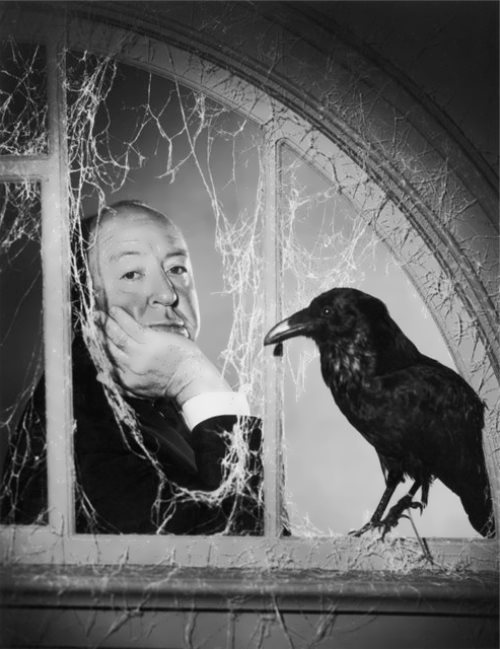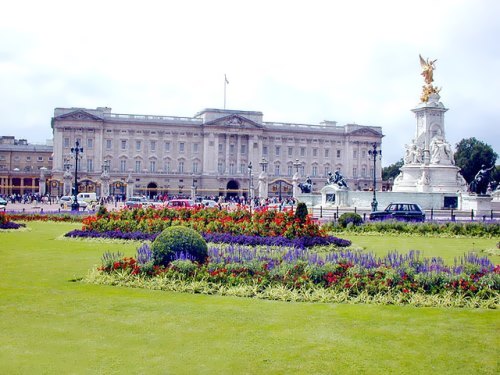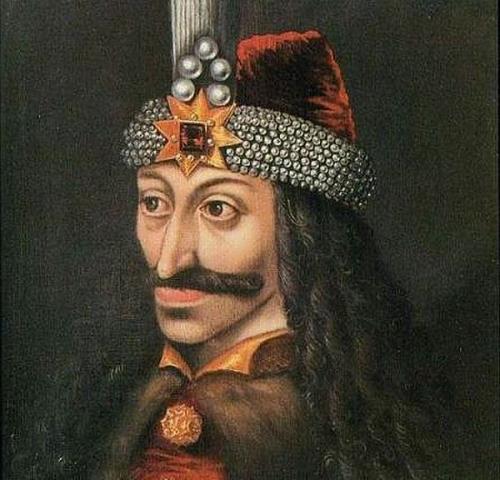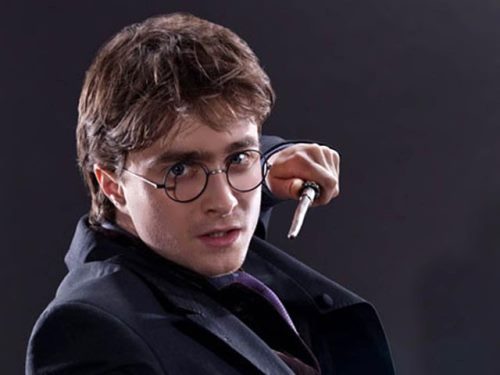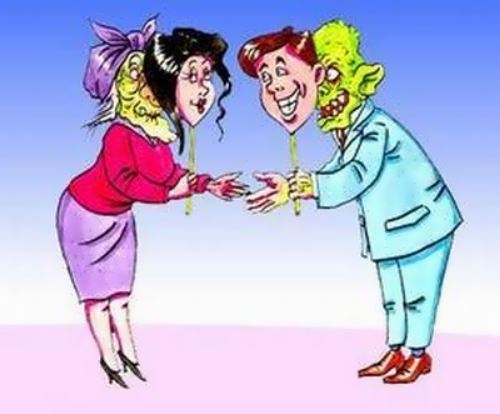Alfred Hitchcock — Master of Suspense
Alfred Hitchcock: The MASTER of SUSPENSE
“… and remember, the next scream you hear maybe your own!”
LET’S IMAGINE A FILM WITH THREE MEN SITTING IN A ROOM. There is a bomb hidden in the room, but the men don’t know about it. Neither does the audience. The men are engaged in small talk, but no one is really interested. Then the bomb explodes. The audience is surprised, but there has been no suspense.
Now let’s change the situation a little. This time, the audience knows that the bomb is ready to go off, but the men in the film don’t. Now the small talk has a dramatic effect. It becomes unbearable. The audience wants the men to get out of the room, but they don’t go. Someone makes a move to leave, and the audience makes a sigh of relief. But someone delays, and the tension builds again.
One of the greatest masters of suspense was Alfred Hitchcock (1899-1980). He knew how to keep the viewers on the edge of their seats and developed his skill to the point of high art.
More »
